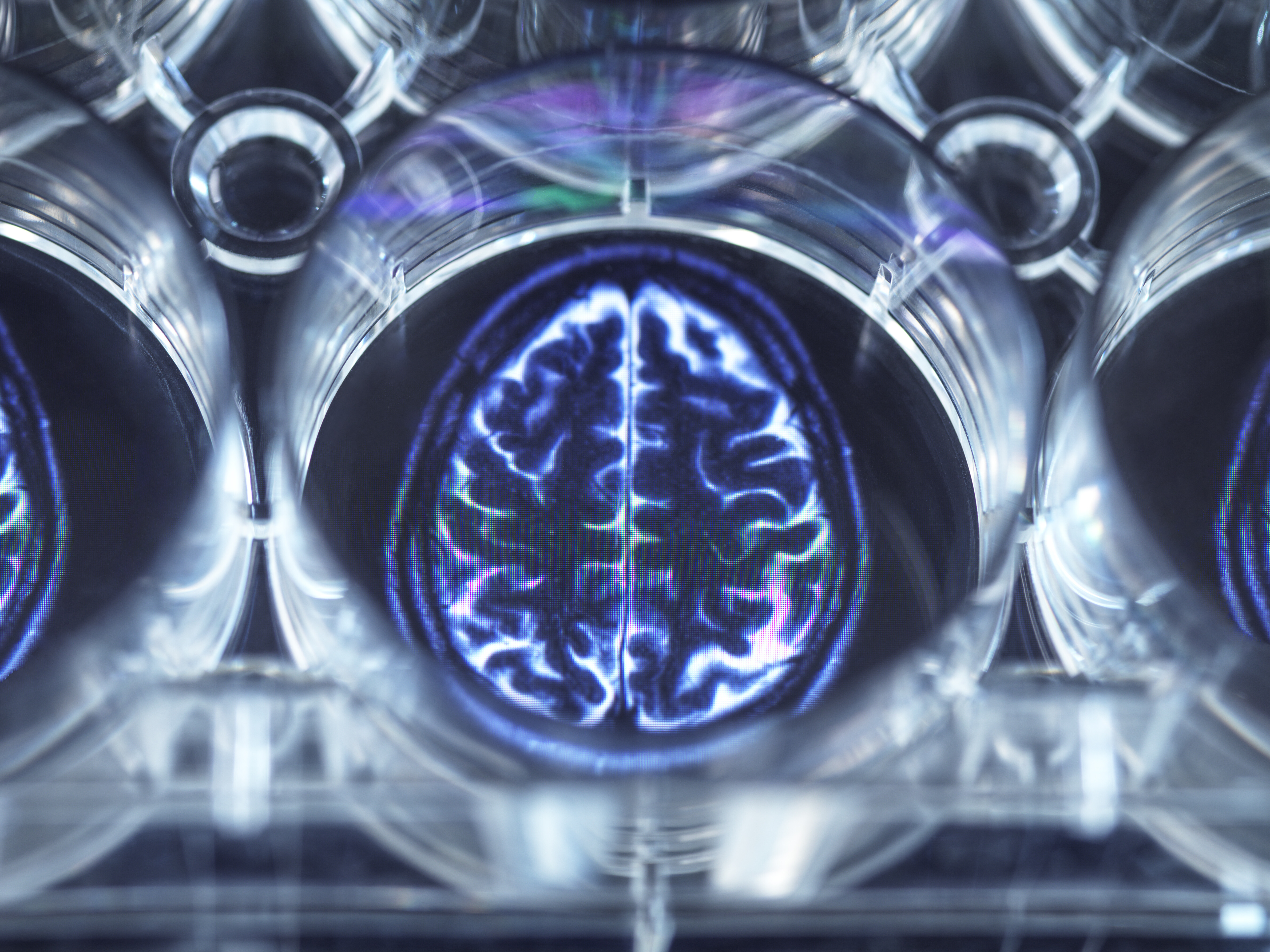Mental Health Game-Changers: 11 Wellness Trends Actually Making a Difference Now
7. The Influence of Cultural Competency in Mental Health Care

Cultural competency is increasingly recognized as a critical component of effective mental health care. As societies become more diverse, mental health professionals must be equipped to understand and respect the cultural backgrounds of their clients. Cultural beliefs and practices can significantly influence how individuals perceive and experience mental health, affecting their willingness to seek help and adhere to treatment. Culturally competent care involves acknowledging these differences and tailoring interventions to meet the unique needs of diverse populations. This approach not only enhances the therapeutic relationship but also improves treatment outcomes. Training programs and curricula are being developed to enhance cultural competency among mental health professionals, ensuring that care is inclusive and equitable. This trend reflects a broader commitment to social justice and health equity, recognizing that mental health care must be accessible and effective for all individuals, regardless of their cultural background.
8. The Integration of Technology in Mental Health Research

Technology is playing an increasingly important role in mental health research, offering new tools and methodologies for understanding and addressing mental health issues. Advances in neuroimaging, for example, are providing insights into the brain mechanisms underlying mental health disorders, paving the way for more targeted and effective treatments. Wearable devices and mobile apps are being used to collect real-time data on mental health symptoms, offering researchers a more nuanced understanding of how mental health fluctuates in daily life. These technologies also enable large-scale studies, enhancing the generalizability of findings. As technology continues to evolve, it holds the potential to transform mental health research, leading to breakthroughs in our understanding of mental health and the development of innovative interventions. This trend underscores the importance of interdisciplinary collaboration, as researchers from diverse fields work together to harness the power of technology for mental health advancement.
